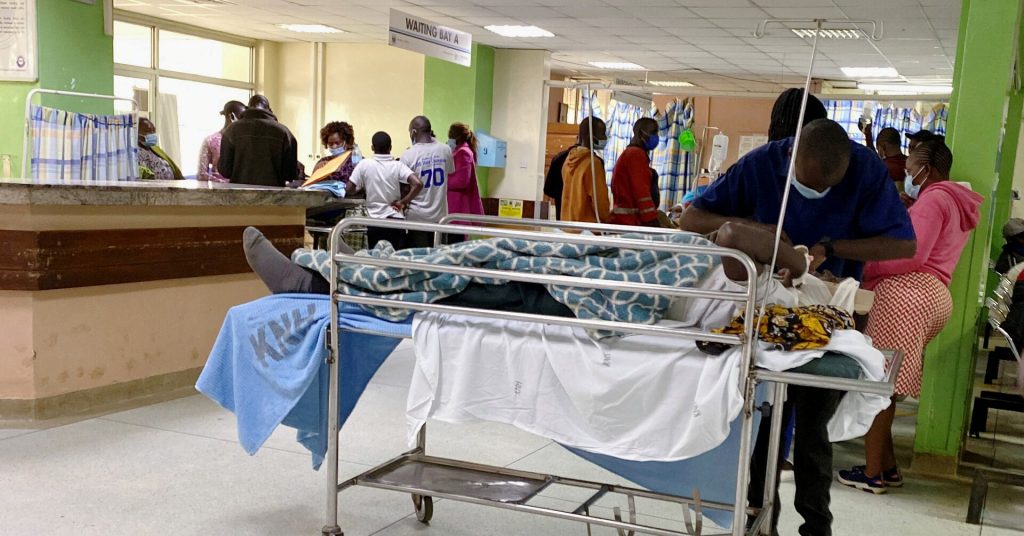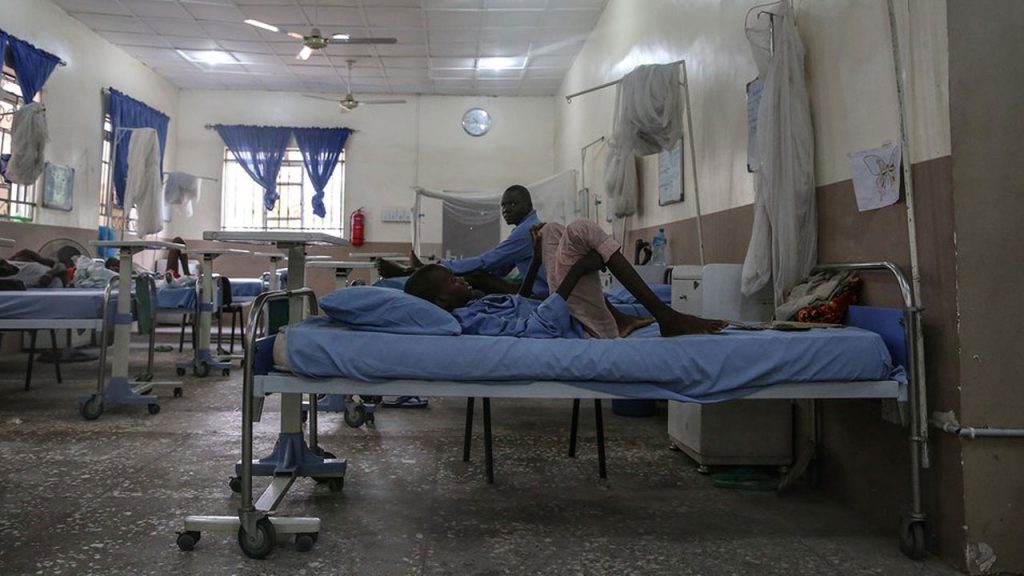
More than 1,000 people in Mozambique have died due to inadequate care amid a health workers’ strike, according to a union leader who spoke with the media.
The strike, involving 50,000 union members, began three weeks ago after failed negotiations over working conditions.
Though doctors are not on strike, union leader Anselmo Muchave highlighted that many health facilities lack doctors.
He noted that most reported deaths have occurred in the provinces of Inhambane and Sofala.
The health ministry has previously accused the Association of United Health Professionals of Mozambique (APSUSM) of exaggeration and has not responded to media requests for comment.
Muchave, the APSUSM chairperson, stated, “We receive information every day about deaths.” He pointed out that the most affected facilities are those staffed solely by health workers without doctors.
The strikers include nurses, psychologists, drivers, and cleaners, who are demanding overtime allowances and better medical equipment.
Muchave explained that the dire conditions, which the government has ignored, forced the workers to strike.
He said, “There is little to no surgical material, food for patients [or] petrol for ambulances. Workers haven’t received uniforms for years.

Something needs to change. Sometimes in the maternity [wards] you will find women sharing beds. It’s very dangerous.”
A woman in the capital, Maputo, named Sheila, confirmed the strike’s impact on patients. She shared that her sick grandmother was only attended to the day after being taken to a public hospital.
Sheila mentioned that others were also seriously ill but not receiving attention.
Mozambique’s health infrastructure is severely limited, with fewer than three doctors per 100,000 people, one of the lowest ratios globally.
According to the US Agency for International Development (USAID), more than half of Mozambicans walk an hour or more to their nearest health facility, and medicine shortages are common.
Source-BBC





